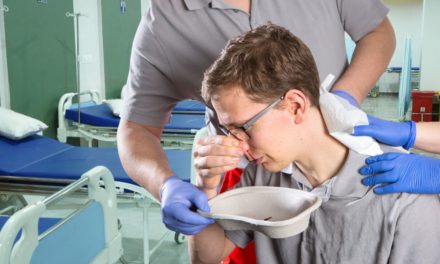Introduction
Whooping cough, also known as pertussis, is a highly contagious respiratory infection that primarily affects infants and young children. The distinctive “whooping” sound produced during coughing fits is a hallmark of this disease. In this article, we will delve into the world of whooping cough, exploring its causes, symptoms, effects on individuals, and the array of treatment options available. By fostering awareness and understanding, we aim to provide valuable insights into whooping cough and empower individuals, especially parents and caregivers, to manage and address this condition effectively, leading to improved respiratory health and well-being for the most vulnerable members of our society.
Unveiling Whooping Cough
Whooping cough is a bacterial infection caused by Bordetella pertussis, affecting the respiratory system and causing severe coughing fits.
Causes and Transmission
Whooping cough is highly contagious and spreads through:
- Respiratory droplets from coughing or sneezing
- Close contact with an infected person
Identifying Symptoms
Common symptoms of whooping cough may include:
- Severe and prolonged coughing fits
- High-pitched “whooping” sound during inhalation
- Coughing fits followed by vomiting or exhaustion
Effects on Individuals
Whooping cough can lead to:
- Severe coughing fits causing breathing difficulties
- Complications such as pneumonia and seizures
- Potential hospitalization, especially in infants
Treatment and Management
- Antibiotics: Early treatment with antibiotics can reduce the severity and duration of symptoms.
- Vaccination: Preventing whooping cough through vaccination is crucial, especially for infants and young children.
- Supportive Care: Adequate rest, hydration, and nutrition are essential for a swift recovery.
- Isolation: Infected individuals should avoid close contact with others to prevent the spread of the disease.
Preventive Measures
Preventing whooping cough involves:
- Vaccinating infants and children with the pertussis vaccine series
- Ensuring adolescents and adults receive booster shots
Seeking Professional Help
Consult a healthcare provider if you suspect whooping cough, especially if you or your child experiences severe coughing fits.
Result
Whooping cough, though potentially serious, can be managed effectively with early diagnosis and appropriate treatment. By understanding its causes, recognizing symptoms, and adopting a comprehensive approach to management and prevention, individuals can navigate whooping cough with resilience and determination. Through practical remedies, vaccination efforts, and fostering a health-conscious environment, we can work together to protect vulnerable populations, ensuring a world where whooping cough no longer poses a significant threat. Let us stand united in raising awareness, advocating for proper care, and championing a future where everyone can manage whooping cough effectively and ensure optimal respiratory well-being for generations to come.










